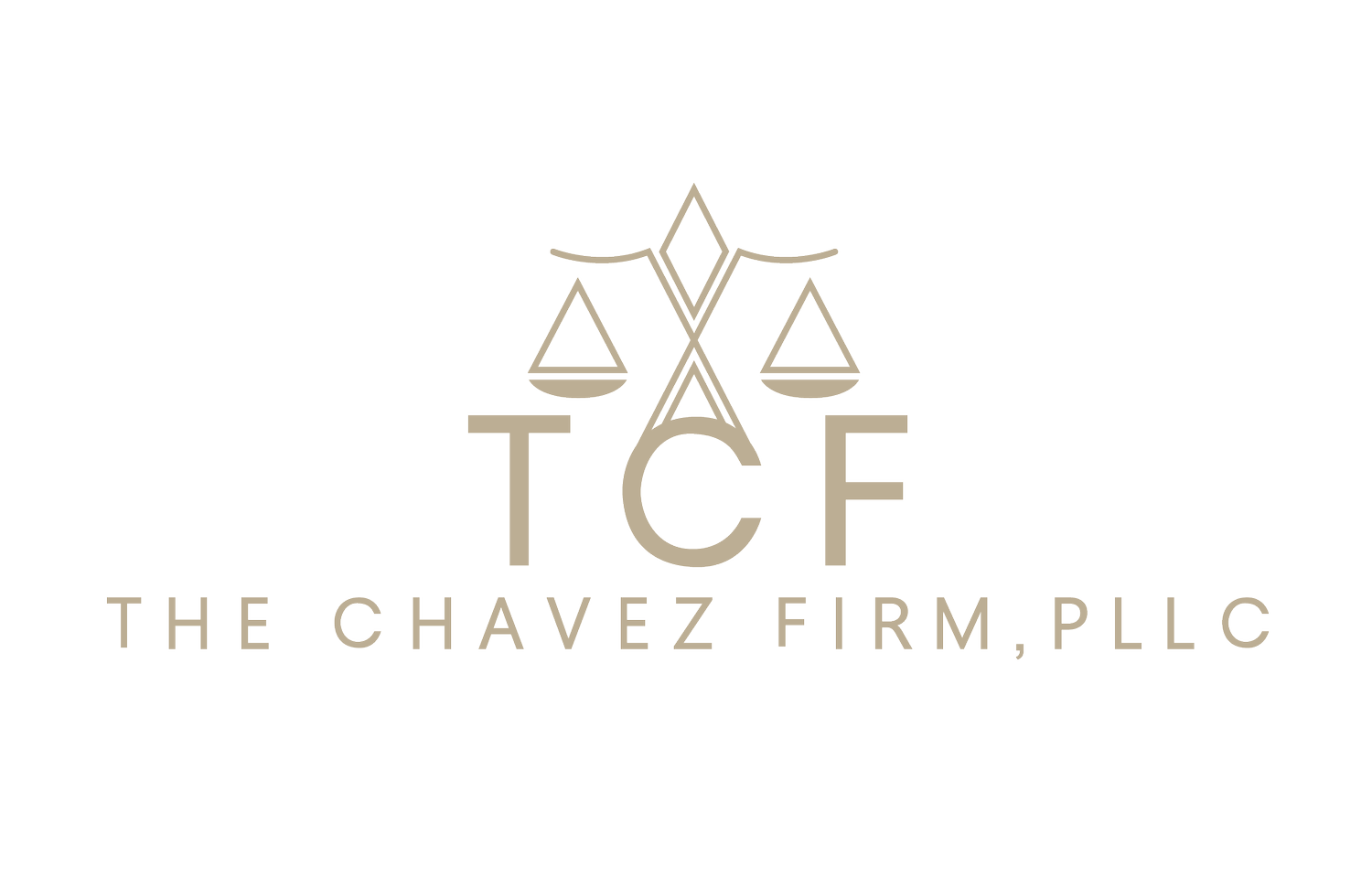H-1Bs for Cap-Exempt Employers
Author: Angelita Chavez
The H-1B visa program is a valuable tool for U.S. employers seeking to hire foreign professionals in specialized fields such as IT, healthcare, and engineering. However, the annual cap on H-1B visas, set at 65,000 regular visas plus 20,000 for individuals with advanced degrees from U.S. institutions, often leaves employers scrambling for alternatives. Fortunately, not all H-1B petitions are subject to this cap. Cap-exempt employers enjoy the flexibility of hiring H-1B workers year-round, without having to go through the H-1B lottery and initial filing deadlines.
Who Qualifies as a Cap-exempt Employer? Cap exempt employers are a narrowly defined group of organizations, including:
Certain universities and colleges.
Nonprofit organizations affiliated with institutions of higher education.
Nonprofit research organizations.
Government research organizations.
If your organization falls into one of these categories, you may have access to unique opportunities for recruiting global talent without the constraints of the H-1B cap. But what exactly does this mean for your hiring process?
The Benefits of Cap-Exempt Status
Cap-exempt status provides significant advantages. First, you can file an H-1B petition at any time of the year—no need to wait for the next fiscal year’s lottery to open. This flexibility allows you to act quickly when you identify qualified candidates. Additionally, you’re not competing with thousands of other employers for a limited number of visas, giving your organization a competitive edge in securing top talent.
Another key benefit is the potential to work collaboratively with cap-subject employers. For instance, if a candidate has a concurrent job offer from a cap-subject employer, your cap-exempt filing could allow them to work in both roles without waiting for the next H-1B lottery.
Key Considerations for Cap-Exempt Employers
While cap-exempt status offers distinct advantages, there are still requirements to meet. For example, your petition must clearly demonstrate your organization’s eligibility for cap exemption. This often involves submitting documentation such as nonprofit status verification or proof of affiliation with a qualifying institution. It’s essential to work with an experienced immigration attorney so your petition is robust and accurate.
Additionally, keep in mind that your H-1B employee’s work must align with the organization’s mission. For example, a university hiring an IT professional to manage campus-wide systems could qualify, but a role unrelated to the institution’s educational purpose might not.
Leveraging Cap-Exempt Opportunities
Cap-exempt employers are uniquely positioned to tap into the global talent pool without the hurdles faced by cap-subject employers. By working closely with an experienced immigration attorney, you can maximize these benefits while understanding compliance with immigration regulations. Whether you’re expanding your research team, hiring faculty, or growing your specialized staff, the cap-exempt H-1B process can help you meet your hiring goals efficiently and effectively.
If you have questions about navigating the cap-exempt H-1B process, consulting with an experienced immigration attorney is a smart step. Our office can provide tailored guidance to help your organization streamline the process and so you can successfully recruit the talent you need.
Want to learn more about the H-1B program? Call TCF at 541-357-8381 or submit an inquiry through our Contact Form.
DISCLAIMER: This Blog content is not a substitute for legal counsel and does not form an attorney-client relationship. Our “Immigration Moment” articles are purely for information purposes and do not constitute legal advice.
